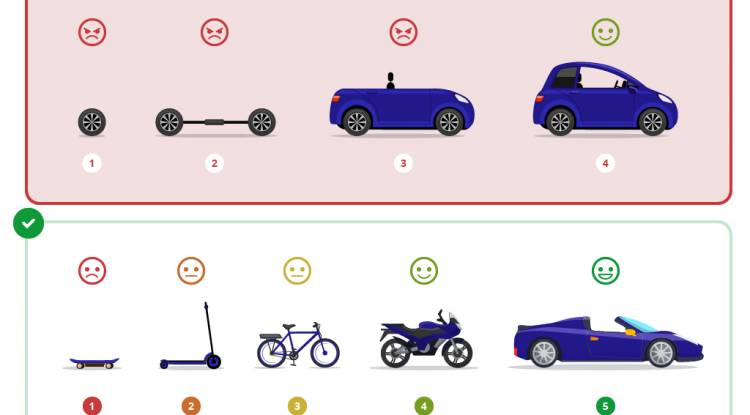
Best Practices For Mobile Wallet Application Development
Mobile payments have been in trend way before the pandemic happened. The strict social distancing norms in several countries across the world fueled the mobile payment market with more growth. Hence, the market has seen an increment in the need for mobile wallet application development.
You might think that as there are already several successful e-wallet apps available in the market, it shouldn’t be difficult to develop one for your market. You would be right with this point; however, there are some things that you need to keep in mind whilst you develop your mobile wallet application.
So, don’t stop reading until the end of this article. As I’ll be taking you through the best practices for mobile wallet application development.
1. Understand FinTech Compliances
As security is the foremost concern among governments and FinTech organizations, the regulatory authorities operating in several countries have imposed several compliances to regulate the online environment in the banking and finance sector. The compliances differ country by country, and most of them are very similar to each other irrespective of the political or geographical boundaries. The following are some of the common FinTech compliances:
-
Know Your Customers
-
Anti-Money Laundering
-
General Data Protection Regulation Act
-
Automated Clearing House Association in the USA
-
Jumpstart Our Business Startups Act
-
Electronic Fund Transfer Act
-
E-Sign Act
-
PCI Security Standards
Choose Among The Most Secure Hosting Solution
Unlike solutions such as learning or recruitment apps, which are less prone to security breaches, mobile wallet apps require more robust and secure backend hosting. As there are several dedicated off-the-shelf backend hosting solutions available in the market, it isn’t difficult to develop the most secure mobile wallet app. You can pick among the following options:
-
Kinvey
-
AWS Mobile
-
SashiDo
-
Google Firebase
-
Kumulos
Consider Building An MVP First
In this modern software development era, most successful mobile apps have gone through the MVP stage, where it was launched with only the necessary functionalities. This allowed the app owners to understand the user needs, so that they could roll out a fully-fledged app that excels in the market.

Image Source: Pinterest
Pick The Right Feature Set
Features like instant payments are what makes an e-wallet app worth using. However, most of the digital wallet development companies will overwhelm you with a lot of unnecessary features. Hence, you need to decide which features that you need to have in your app. The following are the most advanced features that you can pick from:
-
Payment Authentication
-
Overdraft Facility
-
Payment Request
-
Third-Party Bill Payment
-
Bank to Bank Transfers
-
In-App Chat
-
Bill Splitting
-
Automatic Payments
-
Contactless Payments via QR Codes or NFC
-
Seamless Onboarding
Find The Right Mobile Payment App Development Company
Not every software development company is right for your e-wallet development. Keeping the user experience seamless, while meeting the regulatory requirements isn’t very straightforward. Hence, mobile wallet application development requires expertise in FinTech development and compliance management. You should look for a mobile wallet development company that has past experience in developing mobile wallets or similar FinTech apps.
Know The Cost Deciding Factors
Other than the cost of procuring technology and infrastructure elements like cloud storage, the e-wallet app development cost will heavily depend on the hourly rate of your mobile wallet development company.
To give you a rough estimate of the e-wallet app development cost, an app with basic features will cost between $25,000 to $50,000; whereas an app with advanced features will cost between $75,000 to $100,000.
The geographic location of your development partner significantly influences the total cost of mobile wallet development. The following are the average hourly rates for different regions worldwide:
-
Asia: $25.83
-
Africa: $28
-
Eastern Europe: $32.29
-
Western Europe: $67.20
-
North America: $46.35
-
Latin America: $45.71
Conclusion
The market for mobile payments is on the rise and it will continue to flourish until the entire society is cashless. There will be a need for more and more mobile payment solutions that will cater to different customer needs. Some will excel in international remittance, while others will provide peer to peer payment functionality.
Depending on your specific payment niche, you should pick among the pool of features that a mobile wallet should have. However, one thing that remains intact for every mobile wallet is the security. Please make sure that your software development partner develops your mobile wallet keeping the best security practices in consideration.












